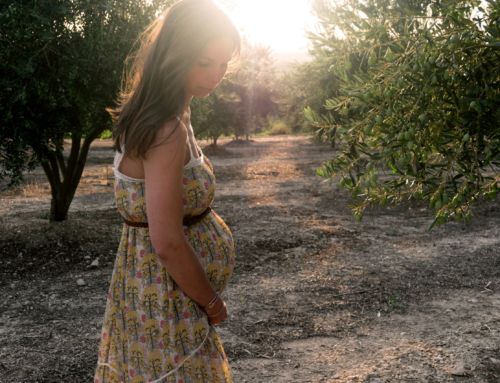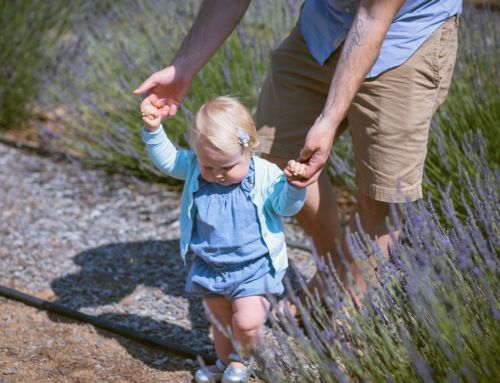Dengue fever in pregnancy
By Erica John, Contributor
Women Health Coach

Dengue is a mosquito-borne viral infection. The virus responsible for causing dengue, is called dengue virus (DENV). The global incidence of dengue has grown dramatically in recent decades. Severe dengue is a leading cause of serious illness and death among children and adults in some Asian and Latin American countries. It is common in Puerto Rico and many other tourist destinations in Pacific Islands and South Eastern Asia.
Dengue is especially dangerous for pregnant women because the virus can get transmitted to babies and can result in severe problems like stillbirth, low birth weight or premature birth. You should take extra precaution if pregnant and traveling to a place where this virus is common.
Symptoms
Dengue should be suspected when a high fever (40°C/104°F) is accompanied by 2 of the following symptoms during the febrile phase:
- severe headache
- pain behind the eyes
- muscle and joint pains
- nausea
- vomiting
- swollen glands
- rash
Some people develop a more severe illness known as dengue hemorrhagic fever (DHF), which can be fatal if not diagnosed and treated promptly.
Warning signs that doctors should look for include:
- severe abdominal pain
- persistent vomiting
- rapid breathing
- bleeding gums
- fatigue
- restlessness
- blood in vomit.
Treatment
There is no specific treatment for dengue fever. Medicines to reduce the fever and pain killers can be taken to control the symptoms of muscle aches and pains, and fever.
- The best options to treat these symptoms are acetaminophen or paracetamol.
- Drugs such as ibuprofen and aspirin should be avoided (NSAIDs – non-steroidal anti-inflammatory drugs).
Patients with dengue should seek medical advice upon the appearance of warning signs. You should go to hospital or ER immediately.
Protection
Although there is no specific vaccine to prevent dengue, you can take extra measures while traveling to countries which are reported with the occurrences of dengue cases or any virus spread by mosquitoes bites.
- Use mosquitos repellant.
- Stay in cool places and inside closed areas with windows and doors.
- Wear loose clothes and cover your arms and legs.



